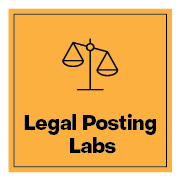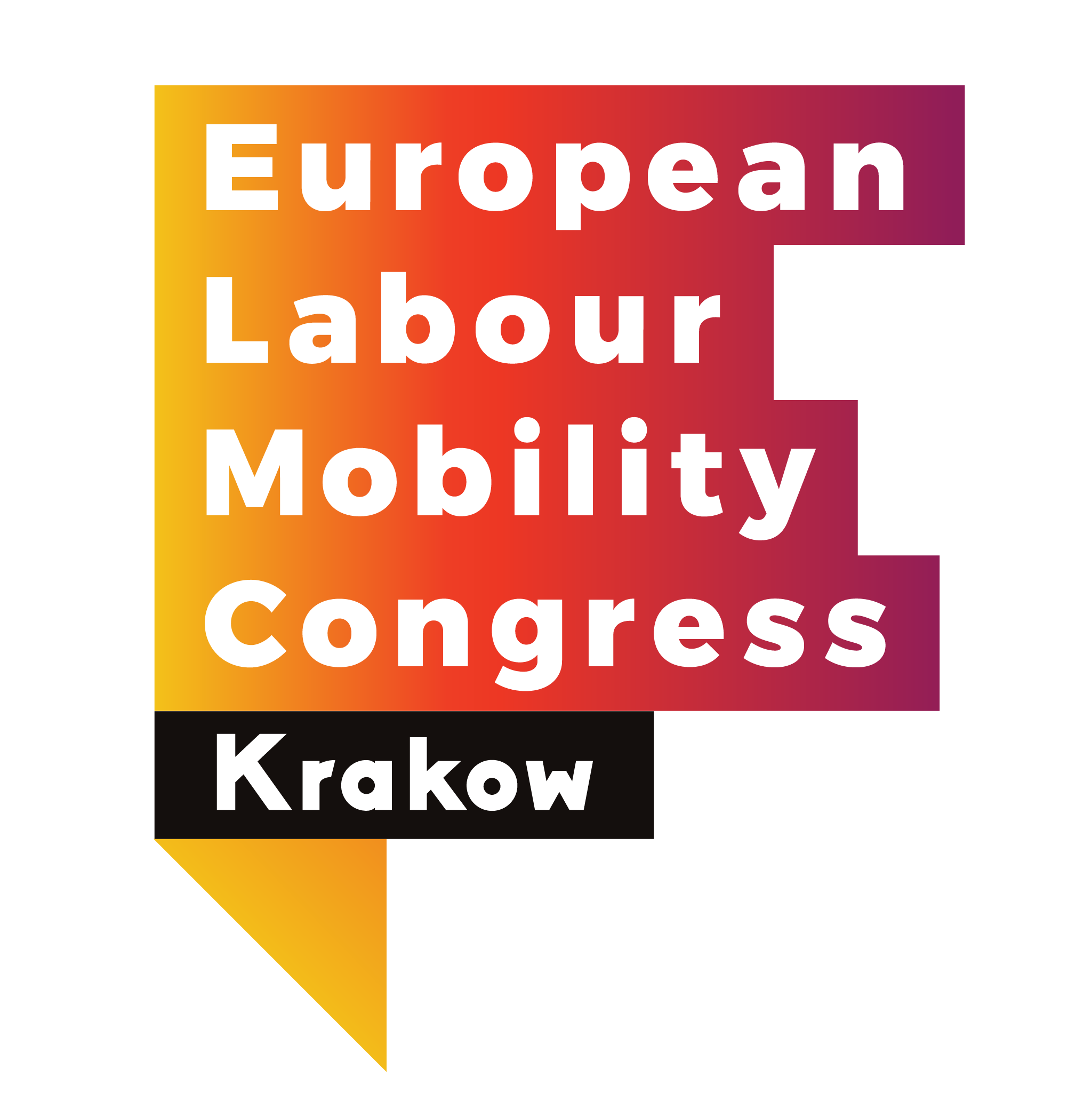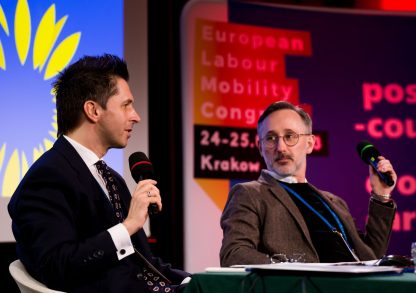They are not part of the standard immigration processes nor requirements strictly linked to global mobility service packages, yet they must be filed ahead of each assignment to ensure work readiness from “day one”: Posted Worker Notifications (PWNs) remain a hot topic that employers need to consider to ensure compliance and to get ready for potential audits.
What are Posted Worker Notifications?
Since the consistent implementation of the Posted Workers Enforcement Directive (PWED) across EU Member States that began in 2018, beyond the standard immigration and mobility planning, employers must also comply with additional administrative requirements for each of their employees sent or “posted” to the EU to provide services on a temporary basis, aiming to ensure equal treatment with the local labour force.
Although the PWN process itself varies within the region, with significant differences in scope of application (e.g., limited to EEA/Swiss based employers or extended to ALL employers), and especially the amount of data or documents requested in each EU Member State, the core obligations to be completed by a sending company (legal employer) generally fall within three major buckets, including:
- Requirement to notify the host country authorities of the “posting” assignment;
- Requirement to appoint one (or more) contact persons in the host country, who can be approached by the competent authorities in case of questions;
- Requirement to gather and keep assignment related documents for the duration of the posting, or even until after the posting, so they can be available to the authorities in case of an audit.
How big is the risk of a PWN audit?
Approaching the five-year anniversary since the de facto implementation of the Enforcement Directive, it is important to pause and reflect on the impact of the introduction of this requirement on the operations of companies posting employees to the EU.
While some companies have been able to implement an internal PWN programme to better monitor travel trends – taking into consideration that PWN requirements also apply to EU nationals, and in some countries, also to business travellers, who usually are not on the radar of the global mobility teams and relocation companies – other companies are still struggling to get their heads around all the different country PWN processes and requirements, risking penalties for non-compliance even if, from an immigration and social security perspective, they have obtained all necessary authorisations and documents to perform services abroad.
Whether your company feels comfortable in relation to PWN compliance, or if you are still trying to see through the complexities of PWN requirements, it is important to take note that earlier this year, the European Labour Authority (ELA) launched its Posting 360 Programme, focusing on compliance with posted worker rules across EU Member States and the improvement of cooperation and exchange of information between social partners and labour authorities. This, in conjunction with the infringement procedures started by the European Commission already in 2020 and continued earlier this year with the sending of reasoned opinions to 17 Member States for failing to comply with the PWED, is likely to increase focus on posted worker compliance as part of the usual scope of immigration, labour and social security audits.
Long road to PWN simplification?
Although the EC infringement procedures have already brought some changes to the PWN processes in some of the EU Member States – with France, Greece and Luxembourg removing some of the data requested from their PWN forms that are not essential to identify assignment circumstances – most of the Member States still require companies to provide extensive information and documentation to the authorities when filing the notification.
Even though the single digital EU PWN platform is still in the works, countries like the Netherlands and Greece are increasing efforts to digitalise their labour audits, ensuring that the authorities receive “warnings” of potential non-compliance not only based on traditional in-person inspections, but also through data exchange between the immigration, labour and social security authorities, and extending the monitoring to the contractor-supplier relationships between companies operating in their territories. This way, even companies that are otherwise compliant may become targets of audits, simply being “guilty by association.”
With the novelty of the process wearing off, host country authorities are likely to be less flexible with companies that have not yet started implementing measures to ensure PWN compliance. At the moment, consistency in audits and level of penalties vary across the Member States, spanning from a few hundred Euros to criminal sanctions for sustained non-compliance. However, with the potential simplification of national PWN processes following the infringement procedures, it is expected that the authorities will shift their focus on post-filing compliance checks through audits and harmonise their actions under the ELA’s Programme.
How can Fragomen help?
Thanks to our extended connections with ELA and national authorities, Fragomen continues to monitor changes in PWN requirements and audit trends across the 27 EU Member States. We can help by reviewing companies’ existing PWN programmes and build tailored strategies, including social security implications, to ensure that our clients are compliant from “day one” of all short-term assignments.
Our assistance goes beyond the “word of the law.” We aim to provide our clients with business-sensible advisory, taking into consideration their scope of activities, travel patterns and audit trends in the countries of interest. Fragomen also offers PWN technology solutions to companies who want to modernise their PWN programmes by onboarding to an automated PWN assessment and lodging tool.
Need to know more?
For any questions related to Fragomen’s PWN risk assessment and audit services, please reach out to FCE@fragomen.com.
This blog was published on 25 April 2023, and due to the circumstances, there are frequent changes. To keep up to date with all the latest updates on global immigration, please visit our dedicated COVID-19 site, subscribe to our alerts and follow us on LinkedIn, Twitter, Facebook and Instagram.
Fragomen
Partner of the 7th European Labour Mobility Congress, Krakow, 24-25 April 2023
By: Sara Fekete, Wim Cocquyt, Victoria Barber








